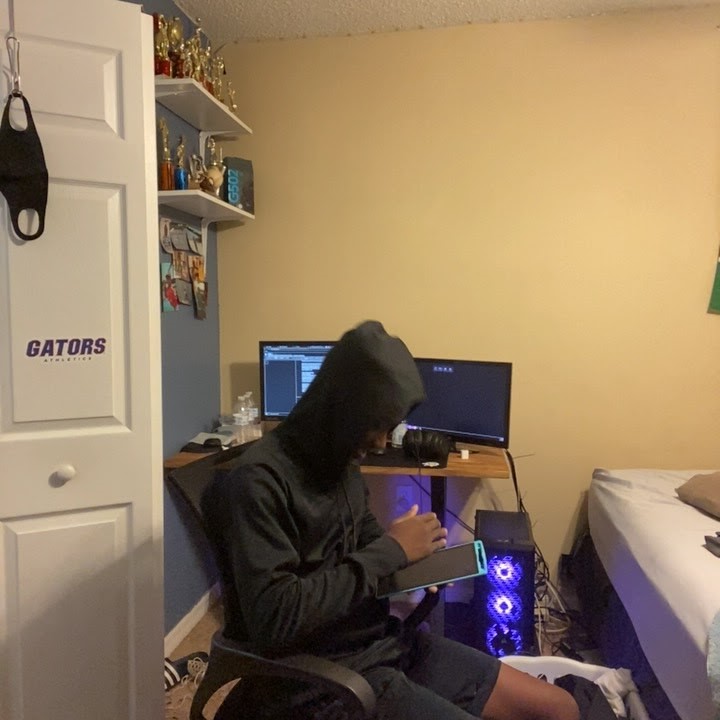How social media has taken over public school students
By Giannah Sprague
Nowadays, it seems like Gen Z is glued to their devices, specifically when on social media. Most people under the age of thirty can’t go a day without checking their Instagram, Snapchat, Facebook, etc. Not only social media but even phones in general, can be a huge distraction especially when it comes time to learn in school.
Social media platforms are a major factor leading into distraction. These days students tend to lose their focus from studying and rather enjoy browsing through Apps. All of this leads to a waste of time without gaining any beneficial knowledge. Multiple studies have shown that unlimited use of social media causes stress, bad moods and negative mental health. Many people wake up in the morning and immediately check their Instagram, Snapchat or Twitter rather than doing something like drinking a glass of water or using the bathroom. For many teens, social media can become almost addictive. In a study by researchers at the UCLA brain mapping center, they found that certain regions of teen brains became activated by “likes” on social media, sometimes causing them to want to use social media more and more, just like a drug. Freshman Tyler Parson states, “Social media can make people feel good or bad depending on follower count.” Prior research has shown that the use of social media may detract from face-to-face relationships, reduce investment in meaningful activities, increase sedentary behavior by encouraging more screen time, lead to internet addiction, and erode self-esteem by comparing oneself to other people, like models and celebrities.
Schools should not allow social media during school hours, due to bullying, decreasing self esteem, and the distraction. Banning social media or even phones from schools would allow students to feel safe for a period of time, and could potentially do a lot for some situations. Research suggests social media is increasing student anxiety and depression, taking away any positive role it could potentially play. Timber Creek student Amy Ruben states, “Social media is bad for students because it influences them to do bad things.” According to a recent report from the Pew Research Center, 95% of teens use a smartphone, and 45% say they are online almost constantly. However, multiple studies have found a strong link between heavy social media and an increased risk for depression, anxiety, loneliness, self-harm, and even suicidal thoughts. Social media may promote negative experiences such as insecurities, eating disorders, depression, etc .
Social Media and technology negatively affects students and encourages them to act on bad behaviors whether it’s intentional or not. It creates a huge distraction among students and can hold them back from what they are really capable of doing.
